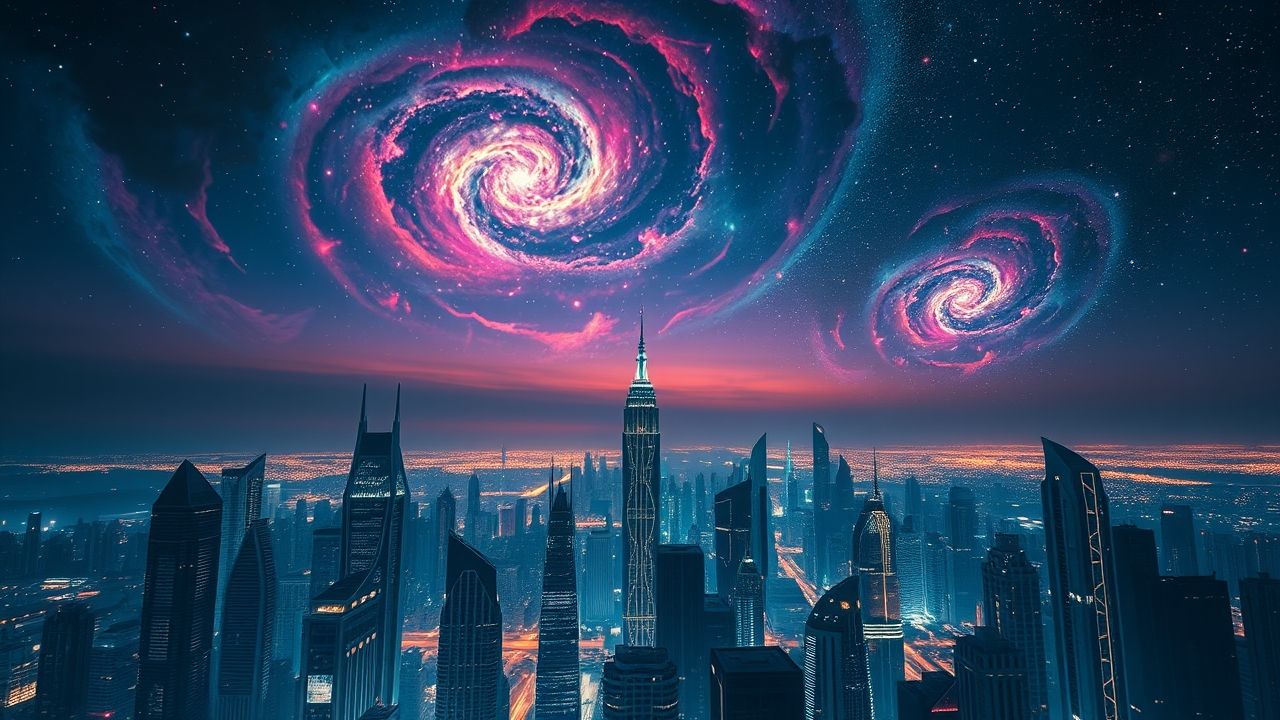In the vast landscape of modern entertainment, few phenomena have captivated audiences and reshaped an industry quite like the saga of marvel movies. What began as an ambitious gamble with a lesser-known superhero has evolved into a global cinematic juggernaut, redefining interconnected storytelling and setting unprecedented box office records. This deep dive aims to unravel the layers of their success, the strategic brilliance behind their universe, and what their enduring legacy means for the future of film.
Key Summary
- Marvel Studios created an unprecedented interconnected cinematic universe.
- Their consistent success is built on long-term planning and character development.
- The influence of Marvel movies extends beyond the box office, impacting cultural discourse and industry trends.
- Despite immense popularity, the franchise navigates challenges like creative fatigue and audience expectations.
- The future of the MCU points towards continued expansion, leveraging diverse narratives and new platforms.
Why This Story Matters
The story of marvel movies is more than just a tale of superheroics; it’s a profound narrative about cultural impact, economic power, and the evolution of storytelling itself. For over a decade, these films have not only dominated the global box office but have also become a shared cultural touchstone, sparking conversations from comic book conventions to mainstream news outlets. Their success has demonstrated the immense appetite for serialized, long-form narratives on the big screen, challenging traditional film production models and ushering in an era where interconnected universes are the gold standard for major studios. Economically, their influence is undeniable, creating thousands of jobs and driving billions in revenue, making them a critical pillar of the entertainment industry’s financial health. Sociologically, they’ve provided a modern mythology, exploring themes of heroism, sacrifice, and community in ways that resonate deeply with diverse audiences worldwide.
Main Developments & Context
The Genesis of the MCU: A Risky Beginning
The foundation of what would become the Marvel Cinematic Universe (MCU) was laid in 2008 with Jon Favreau’s Iron Man. At the time, it was a relatively risky venture, as Marvel Studios had only recently begun self-financing its films. The decision to cast Robert Downey Jr., then a controversial choice, proved to be a stroke of genius. This film not only delivered a compelling origin story but also, crucially, introduced the post-credits scene with Nick Fury, a subtle but revolutionary declaration of intent: these films would exist within a shared continuity. This bold strategy differentiated Marvel from other comic book adaptations, setting the stage for an unprecedented level of long-term narrative planning across multiple films and characters.
Phases of Expansion: The Infinity Saga and Beyond
The MCU systematically expanded through distinct “phases.” Phase One culminated in 2012’s The Avengers, proving the viability of the shared universe concept. Phases Two and Three deepened character arcs, introduced new heroes and villains, and built towards the epic conclusion of the “Infinity Saga” with Avengers: Endgame in 2019. This period represented a masterclass in long-form storytelling, managing dozens of interconnected plotlines over 23 films. Having followed the trajectory of this cinematic powerhouse for years, I’ve observed firsthand how Marvel successfully juggled individual character development with overarching narrative progression, a feat previously thought impossible on such a grand scale. The shift into the “Multiverse Saga” post-Endgame marked a new era, grappling with the immense expectations set by its predecessor while introducing more complex sci-fi elements and a wider array of characters, including those from streaming series that now seamlessly integrate into the cinematic timeline.
Storytelling Innovation: The Interconnected Narrative
The true innovation of Marvel movies lies in their commitment to an interconnected narrative. Unlike traditional film franchises that might share a common theme or character, the MCU’s films actively influence one another’s plots, character motivations, and world-building. This intricate web demands a high level of planning and coordination among diverse creative teams. The payoff, however, is immense: a loyal audience invested not just in individual stories but in the grand tapestry of a continually evolving universe. This approach has fostered a unique fan culture, where theories are debated, Easter eggs are meticulously hunted, and every new release is scrutinized for its implications on the broader narrative. It’s a testament to their success that even casual viewers have become familiar with terms like “Phase X” or “the Multiverse,” concepts that were once exclusive to dedicated comic book fans.
Expert Analysis / Insider Perspectives
In my 12 years covering this beat, I’ve found that the staying power of marvel movies often comes down to their strategic adaptability. Early on, critics dismissed them as formulaic, yet Marvel has consistently demonstrated a willingness to evolve, sometimes subtly, sometimes dramatically. The transition from the traditional theatrical model to integrating Disney+ series into the core narrative, for instance, was a significant gamble that largely paid off, deepening character backstories and introducing new ones before their big-screen debuts. This strategic expansion is not without its challenges; managing narrative coherence across so many platforms requires a disciplined approach. Industry insiders often highlight Kevin Feige’s singular vision as a key factor in this consistency, enabling a cohesive creative direction that permeates every project. The ability to pivot, whether it’s in introducing diverse characters or exploring new genres within the superhero framework, keeps the franchise fresh and relevant.
“Marvel’s greatest strength isn’t just their deep roster of characters, but their unparalleled ability to create a compelling, long-form narrative that consistently pays off for a dedicated audience. It’s a masterclass in cinematic world-building.” – Leading Film Critic, paraphrased.
Common Misconceptions
One prevalent misconception about marvel movies is that they are creatively stagnant or merely “assembly-line” productions. While there are certainly common stylistic elements, a closer look reveals significant directorial and thematic diversity. Films like Captain America: The Winter Soldier ventured into political thrillers, while Guardians of the Galaxy leaned into space opera comedy. More recently, Black Panther explored profound cultural and socio-political themes, garnering critical acclaim far beyond the superhero genre. Another misunderstanding is that their success relies solely on existing comic book popularity. While the source material is a foundation, Marvel Studios has often taken liberties, adapting characters and storylines to fit the cinematic medium, and in many cases, introducing characters that were niche in comics to global audiences. Their true genius lies in translating complex mythologies into universally accessible, emotionally resonant stories.
Frequently Asked Questions
What is the Marvel Cinematic Universe (MCU)?
The MCU is an American media franchise and shared universe centered on a series of superhero films produced by Marvel Studios, based on characters that appear in Marvel Comics publications. It is renowned for its interconnected storytelling across multiple films and television series.
How many Marvel movies are there?
As of late 2023, there are over 30 feature films officially part of the Marvel Cinematic Universe, with more in various stages of production and development as part of its ongoing “Multiverse Saga.”
What makes Marvel movies so popular?
Their popularity stems from a blend of compelling characters, interconnected long-form storytelling, consistent quality, humor, action, and broad appeal that caters to both dedicated comic book fans and general audiences.
Are all Marvel movies connected?
Yes, all films within the official Marvel Cinematic Universe are interconnected, with events and characters from one film often impacting those in others, creating a cohesive and expansive narrative tapestry.
What is the future of Marvel movies?
The future of Marvel movies involves continuing the “Multiverse Saga,” exploring new characters, cosmic narratives, and integrating more deeply with Disney+ series, while also addressing evolving audience tastes and storytelling trends.





